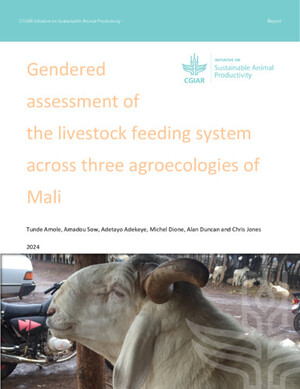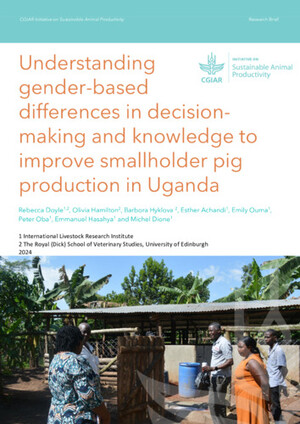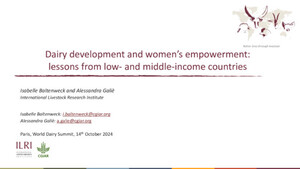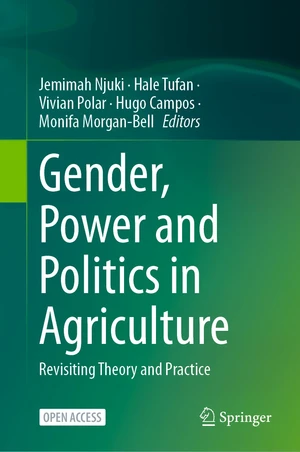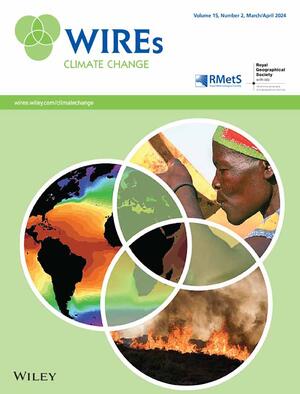
Gender Strategy: Strengthening Adaptive Capacity of Extensive Livestock Systems for Food and Nutrition Security and Low-emissions Development in Eastern and Southern Africa Project
Abstract
The Strengthening Adaptive Capacity of Extensive Livestock Systems for Food and Nutrition Security and Low-emissions Development in Eastern and Southern Africa Project is funded by the Australian Government through the Australian Centre for International Agricultural Research (ACIAR) and is being implemented in Kenya, Ethiopia and Zimbabwe. The project aims at supporting stakeholders engaged in extensive livestock systems in Eastern and Southern Africa to design and implement scalable, sustainable interventions that promote adaptive capacity and food and nutrition security of men and women livestock keepers while reducing greenhouse gas emissions (GHG) from livestock production. The project Is committed to being gender-responsive and attaining social inclusion in all interventions. To ensure a systematic approach to embedding this commitment into the project activities effectively track progress, an overarching cross-programme Gender Equality Strategy has been developed. The objective of the strategy is to understand how to address social and gender dynamics that exist in communities under extensive livestock systems in East and Southern Africa. Proposed strategies include collective actions and enhancing women’s leadership in existing structures under extensive livestock systems. The strategy will serve as a guide to the project’s work throughout its lifespan and is informed by the fundamental gender and social inclusion principles of the programme. This Gender Strategy defines a series of priority areas of strategic action for ILRI and its partners’ gender-responsive engagement in implementing its research activities at household, community, and national levels.
Understanding gender and other social inclusion dynamics in the analysis of the ‘impact’ of livestock interventions in extensive livestock systems is at the core of the project. Gender is also central to the scientific knowledge generated by the project and the management of the research process to ensure that women’s experiences and perspectives are considered in research activities, stakeholder engagement and policy dialogues on the research findings.
The Gender Strategy aims to provide systematic guidance to the project implementers for strengthening engagement on gender-related aspects of the project by ensuring an inclusive approach that considers women’s perspectives, including their specific needs, and promotes gender equality to achieve gender equality and equity in extensive livestock systems effectively. This strategy outlines the specific research activities to be carried out to ensure that gender is integral to the research process, monitor progress in implementing the strategy and learn lessons during the implementation of project activities.
Citation
Gondwe, T., Huyer, S., Radeny, M., Sibanda, S., Odhong, C, and Solomon, D. 2024. Gender Strategy: Strengthening Adaptive Capacity of Extensive Livestock Systems for Food and Nutrition Security and Low-emissions Development in Eastern and Southern Africa Project. Nairobi, Kenya: ILRI.





